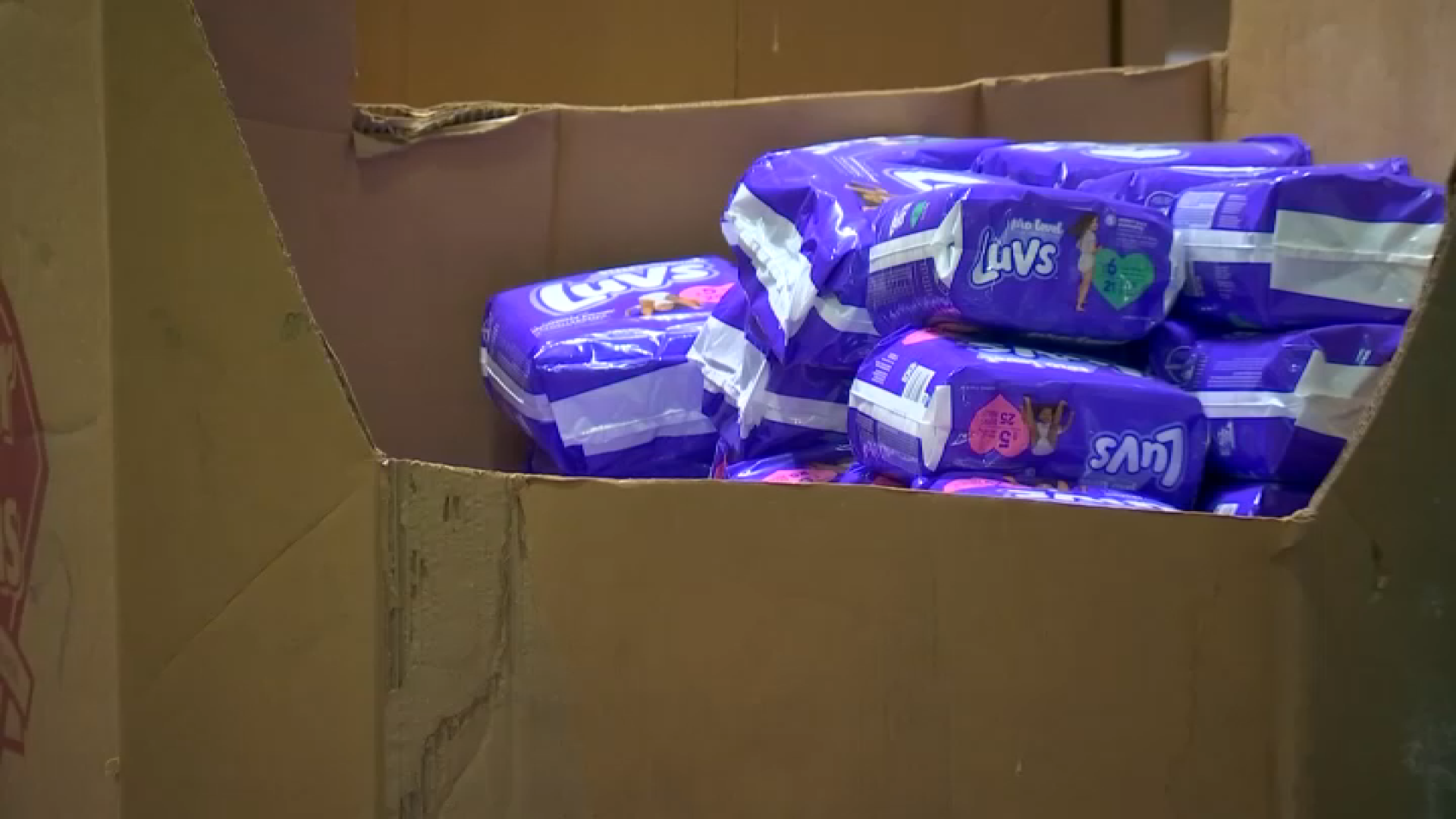In more than one third of emergency calls, responders from the Los Angeles City Fire Department fail to arrive within the targeted time, according to a task force study.
The report was prepared at the direction of Fire Chief Brian L. Cummings, whose department has been buffeted by questions about the accuracy of its response data.
Members of the City Council have said they were misled by inaccurate information, and would not have voted for fire department cutbacks last year had they known the cuts would lead to increased response times, as found by a city controller's audit.
Three councilmembers on Friday introduced measures demanding the department take steps to deal with revelations about response times and the department's data.
The Task Force on Data and Information Analysis looked at operational data for the month of September, finding the average response time was 6 minutes 47 seconds.
The standard set by the National Fire Protection Association demands 90 percent of medical responses be completed within six minutes from call to arrival. Twenty seconds is added to the goal for fire responses to allow time for suiting up.
Fire Department responses met the time goal on 60.9 percent of medical calls, and 61.4 percent of fire calls, according to the report that will be presented to the Fire Commission on Tuesday.
Local
Get Los Angeles's latest local news on crime, entertainment, weather, schools, COVID, cost of living and more. Here's your go-to source for today's LA news.
More than cataloguing response times, the report focused on problems in the department's data analysis, including inadequate training and an aging computer-assisted dispatch system that dates back three decades. The report also presented solutions for curing the errors and vetting past data.
"Now that we know the problems, what are they doing to fix them?" said Mitchell Englander, member of the LA City Council and chairman of the Public Safety Committee.
Englander and Councilman Eric Garcetti introduced a motion Friday calling on LAFD managers to update the council on whatever plans have been developed "to improve response times and public safety."
A motion adopted six months ago, after the data discrepancies became public, had directed the Fire Department to develop such a plan. Garcetti expressed disappointment with Chief Cummings that the council has yet to see an action plan.
On Thursday, as part of the annual budgeting process, the department submitted a proposal for 2013-14 that requests additional money for dispatch and restoration of fire services, and would add $45 million to the current operating budget, depending on available funds.
The city is trying to close a projected budget shortfall of several hundred million dollars.
Councilman Bill Rosendahl also introduced a motion on Friday calling for a response by Fire Department management. Rosendahl's motion focuses on the concerns of many hillside
neighborhoods located farther from fire stations, and therefore subject to longer response times.
Rosendahl wants the department to consider steps to speed responses.
Both Garcetti and Englander said they felt the council had been misled last year when it was assured that response times would not be affected by reducing resources at 18 fire stations, and
cutting four basic medical response ambulances, steps taken as cost-cutting measures.
"We were given numbers and promises that didn't exist," Garcetti said.
The report supported development of a computerized data-tracking system to be known as FIRESTATLA, envisioned as similar to the COMPSTAT used by the Los Angeles Police Department. COMPSTAT is the basis for an interactive online program available to citizens.
Chief Cummings is expected to discuss the Task Force report with the Fire Commission Tuesday.
Cummings could not be reached for comment Friday. Speaking for the department, Deputy Chief Mario Rueda said the report is seen as an important step in providing the department accurate
data for planning and deploying resources.
Responding to Garcetti's criticism that the department is not moving quickly enough, Rueda said, "We have to be data driven. And this is the first step."
The report pointed to several areas Rueda said will be examined further. It found call processing time averaged 1 minute 42 seconds, significantly longer than the 60 seconds budgeted as the goal in the national standard.
The report noted that some types of calls took significantly longer for dispatch to handle.
Rueda believes that if those calls were considered separately, the average time for the remainder would be close to the one-minute target.
Englander did praise the department for a pilot program to speed medical responses in certain situations by having some paramedics travel by motorcycle.



